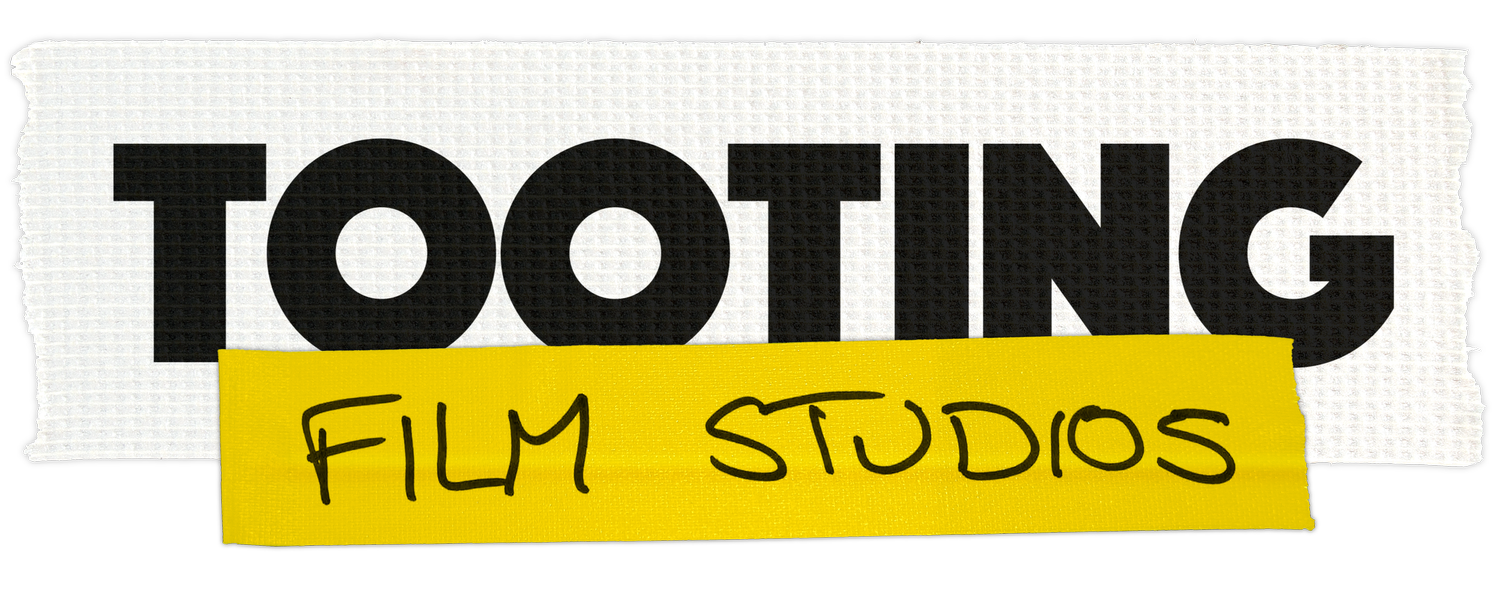Producer’s guide to filming in London
Shooting in London opens up a diverse array of stunning landscapes, artistic and cultural settings, iconic landmarks, and captivating multicultural individuals who can infuse life and colour into your project. However, it's essential to consider the UK's unpredictable weather, so having contingency plans for outdoor shoots is advisable. Opting for a studio provides greater control over sound recording, especially when dealing with tight deadlines.
Scouting and Booking Locations
Gather as many images as possible, as they can reveal crucial aspects and potential timing challenges. Utilise tools like Google Maps to assess the proximity of locations to busy roads, schools, or airports, impacting sound recording.
Most locations are managed by location agents who can guide you through the process and associated costs. If you're unsure whom to contact for permission regarding a specific location, reach out to the local police station, government, or council. A skilled production manager can assess a location's suitability. If your stay spans multiple days, allocate time within your shooting schedule for on-site visits.
CHOOSING LONDON AS YOUR FILMING LOCATION – WHAT'S NEXT?
Once you've selected your location and outlined the project with travel considerations, it's crucial to understand the terms and conditions provided by the studio or location. Seasoned facilities will have detailed procedures and guidelines, and clarity on these aspects is essential to avoid potential insurance complications and production delays.
Understanding Terms and Conditions and Their Impact on Production
Typically, terms apply for the hire period, but additional charges may apply, necessitating a detailed breakdown of your production schedule. Ensure you clarify what is inclusive of the location hire price and what incurs extra costs. UK businesses offering their spaces for hire should readily provide company information, banking details, and insurance information. Request as much information as possible.
Effective Communication
Maintain regular communication, considering time differences, especially during critical stages of hiring and confirmation. Ensure that you and the hirer are reachable during UK timings. If direct phone contact is challenging, request periodic email check-ins during key times, considering the implications and planning accordingly.
Payment Procedures – What's Included, What's Additional?
Examine available payment terms, especially if invoicing from overseas, where a 'net amount only' invoice without a 20% VAT charge might apply. Typically, a deposit is required to secure the space, with refundable or redeemable options based on specific factors. Confirming a pencil booking often involves a 50% deposit payment or a purchase order number, with the remaining amount payable on the day of hire. While cancellation fees may be outlined in the contract, many hirers exhibit flexibility with ample notice.
Covering All Bases – Ensuring Adequate Insurance
If you're travelling from overseas, secure insurance from your country of origin, ensuring legal documents match company names and addresses for validity. Explore various insurance options covering kit hire, location hire, and medical emergencies. Most locations offer public liability insurance, but it's crucial to confirm coverage for specific elements of your shoot, such as high wire work, pyrotechnics, animal handling, children's safety, and kit hire.
Health & Safety and Legal Compliance
All locations should have robust health, safety, and fire precaution procedures, along with fire evacuation plans. Verify who on-site is first aid trained. Request a risk assessment form from the studio or location manager, recognizing that health and safety laws may differ between countries.
For comprehensive information on health and safety in film and TV productions, visit www.hse.gov.uk.
General Advice for Production Managers, Producers, and Individuals
Maintain clarity in production details, promptly responding to email correspondences, and addressing important documents and details. Ensure that terms and conditions, payment terms, and any production-related queries are readily available online or upon request.
Key Points:
Seek permissions from relevant authorities (private locations, councils, local police, landlords, custodians).
Check local fees, exploring different options (e.g., certain locations may charge more for filming from specific angles).
Apply for licences early, covering insurance, child permissions for filming, and location agreements.
Verify compatibility of filming formats, considering tape stock and digital media storage.
Check flight details, planned travel closures, weather conditions, parking availability, and potential noise disruptions.
Always have a plan B. Studios offer controlled sound environments and can address issues swiftly, so stay connected.
Look for locations offering a friendly, flexible, and resourceful service that goes the extra mile to ensure a meticulously planned London production. Ensure all legal requirements are met for a smooth and successful production experience.
